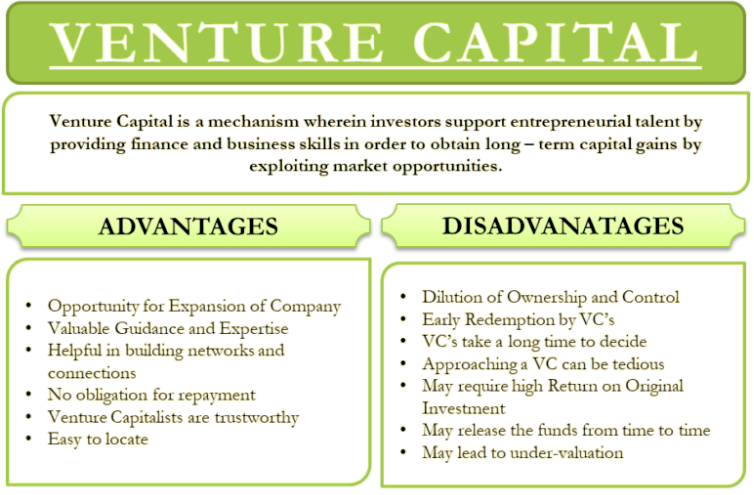Year 2012 As compared to record highs of 2021, venture capital funding of startups in India fell 30 per cent in 2022.
The startups picked $23.95 billion as of December 28 this year. In 2021, this was $35.46 billion, a report in the data from Venture Intelligence.
The funding of Series D and above halved to $11.70 billion in 2022 from $24.91 billion in 2021. The number of late-stage deals fell from 177 to 122.
The funding of late and growth-stage startups slowed down as private market investors became more cautious amid rising interest rates and fears of recession.
“This year, a lot of startups haven’t raised (capital) because they are all hoping that they will grow into their future valuations and want to be priced at a premium,” Pankaj Naik, co-head, Digital and Technology Investment Banking, Avendus Capital, said.
The early-stage segment, however, continued to be competitive. The growth-stage funding, Series B and C, were flat at $6.84 billion with 221 deals as compared to $6.82 billion from 231 deals in 2021.
Content aggregator platform Dailyhunt raising $805 million was the biggest deal of 2022.

It was followed by $700 million by Swiggy and $665 million by Byju’s.
With 73, Sequoia Capital India concluded the most deals this year. However, it was lower than the 110 deals it did in 2021. The highest number of deals were recorded in the e-commerce and fintech sectors.
In 2023, investors will focus more on profitability and fundamentals.
“The sectors that will weather the storm; well, it is going to be a function of the nature of business. Sectors which are trying to overtly be reliant on customer acquisition, very high customer acquisition cost, will face headwinds. Businesses which have a long-term positive trend in ARPU and established market size, will be the flavour of the season,” Ashish Fafadia, partner, Blume Ventures told ET.
There are other types of funding rounds available to startups, depending upon the industry and the level of interest among potential investors. It’s not uncommon for startups to engage in what is known as “seed” funding or angel investor funding at the outset.
Next, these funding rounds can be followed by Series A, B and C funding rounds, as well as additional efforts to earn capital as well, if appropriate.
Series A, B and C are necessary ingredients for a business that decides bootstrapping, or merely surviving off of the generosity of friends, family, and the depth of their own pockets, will not suffice.









